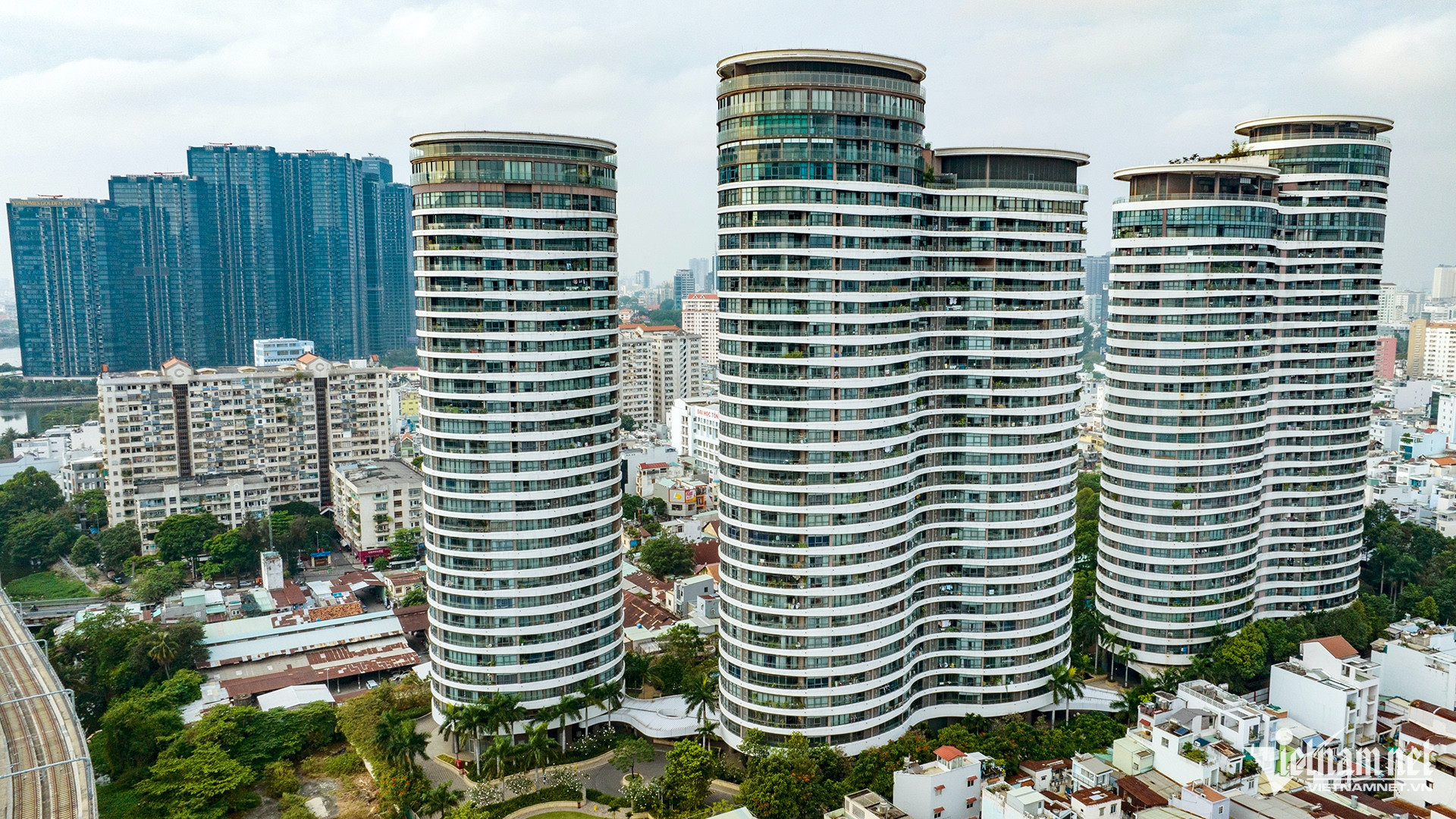
HCM City People’s Committee recently issued a regulation on the management and use of apartments in the city. Under the new regulation, for short-term tourism rentals (daily, hourly, Airbnb, etc.) in apartment complexes, HCM City stipulates that only projects built for mixed-use purposes (tourism apartments, or condotels) can operate such rentals.
Organizations and individuals offering tourism rental services must meet conditions and regulations for conditional investment sectors and register temporary residency for renters as required.
For residential apartments, the regulation mandates use solely for long-term rental for accommodation, prohibiting other purposes (short-term tourism rentals, Airbnb, etc.). Owners must sign contracts with tenants.
Feedback
HoREA has submitted feedback proposing amendments to HCM City’s Decision 26, dated February 27, 2025 regarding short-term rentals in apartments via platforms like Airbnb.
Le Hoang Chau, HoREA Chair, stated that renting out houses, including apartments, is a real estate business belonging to “conditional business sectors” per investment laws. Thus, landlords must register their business and pay taxes.
Chau noted that over the last 10 years of implementing the 2014 Housing Law, the ban on “using apartments for non-residential purposes” did not hinder Airbnb models. Only HCM City issued this ban, while other localities allowed such activities.
Chau argued that HCM City’s interpretation of the 2023 Housing Law is incomplete and inaccurate.
Specifically, the law clearly states that apartment owners can rent out their units long-term (monthly, yearly) or short-term (daily, weekly, including Airbnb).
Additionally, the 2013 Accommodation Law defines “accommodation” as citizens staying at a location for a certain period, affirming that short-term stays are legal and regulated.
He went on to say that the 2014 Law on Entry, Exit, Transit, and Residence of Foreigners in Vietnam specifies that accommodation facilities include temporary residence places for foreigners in the territory of Vietnam.
These cover tourist accommodation establishments, guesthouses, housing quarters for foreigners working, laboring, studying, interning; medical examination and treatment establishments; and private houses or other accommodation establishments as prescribed by law.
“Thus, the HCM City’s viewpoint that only long-term rentals count as residential accommodation, while short-term rentals do not, is inaccurate,” HoREA stated.
HoREA proposed that HCM City align its understanding of accommodation, recognizing both long-term and short-term apartment rentals as serving residential purposes, compliant with the 2023 Housing Law, and not subject to bans.
The association also suggested that the National Assembly Standing Committee clarify the definitions of “using apartments for residential purposes” and “non-residential purposes” to ensure easier compliance with the law.
8,700 apartments stalled
Preliminary statistics showed that there are 8,740 apartments in 24 projects for short-term rental via the Airbnb application.
HoREA warned that banning short-term rentals would severely harm apartment owners, cutting off tourism and transient clients needing short-term stays. Shifting to long-term rentals is challenging with such a large number of units.
Moreover, short-term rental businesses generate jobs for 17,500 workers in HCM City. Banning this model would make them jobless and cause loss of sources of revenue.
HoREA argued that the ban would weaken HCM City’s competitiveness compared to other localities in attracting tourists.
While many apartment residents support the new rule, it has sparked mixed reactions from owners operating rental businesses.
Apartment residents don’t support short-term rental of apartments as they don’t want noise. Lessees flock in, especially on weekends, using shared facilities like the pool and gym under the apartment owners’ commitments.
This burdens apartment residential quarters’ management board, which must ensure security, order, hygiene, and maintenance of equipment and amenities in communal areas. These issues also spark conflicts between residents and owners renting out apartments for short-term tourism stays.
Meanwhile, apartment owners oppose the municipal authorities’ ban because they have lost an important source of revenue. According to a real estate expert, since these apartments are mainly located in central areas, short-term rentals yield higher profits.
For investors leasing apartments for re-leasing under short-term contracts, he believes they will face numerous challenges. If operating effectively, the business model (short term rental) currently offers an average profit rate of 5-6 percent per year. With the new regulations, they must switch to long-term rentals, and if so, the profit rate will be 4-5 percent per year.
Hoang Minh